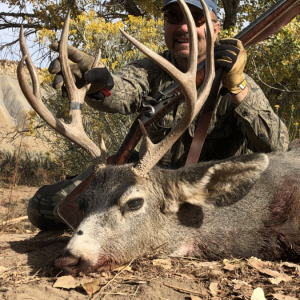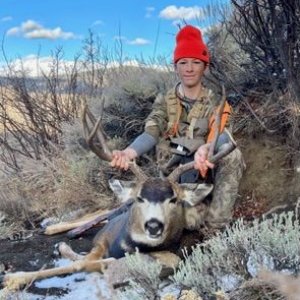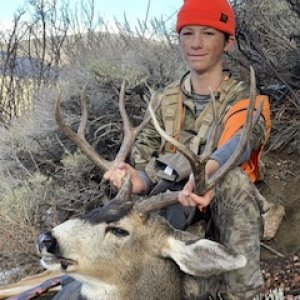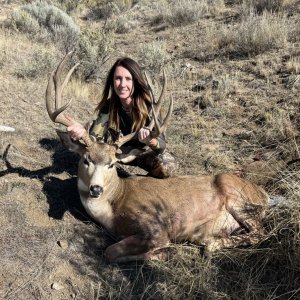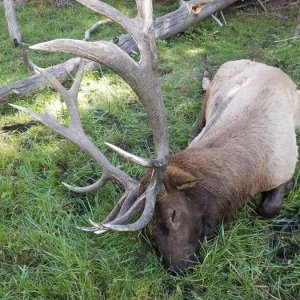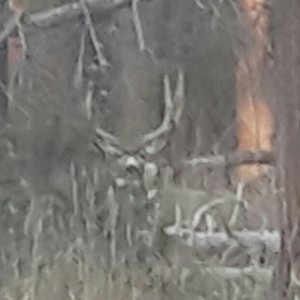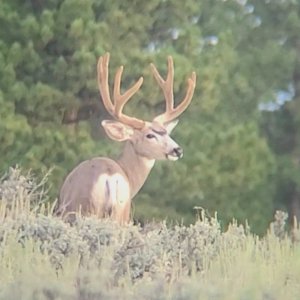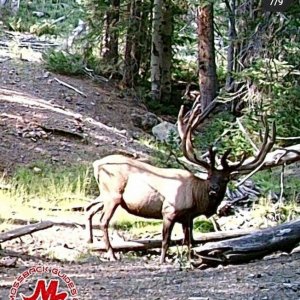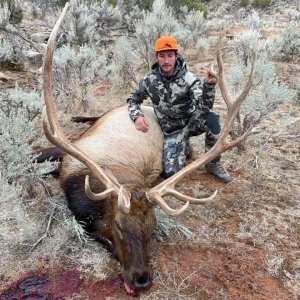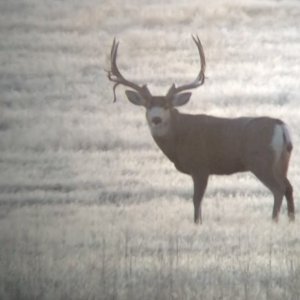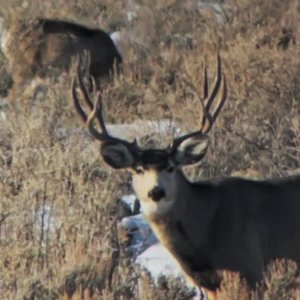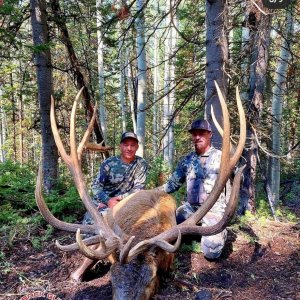H
HEEFMAN
Guest
I've read many threads on this forum about USO, George Taulman, and the Ninth Circuit's decision in the Montoya case. I have no affinity for USO and Taulman and have never used their services in any way, but all the commentary caused me to actually read the opinion written by the appellate court. After doing so, it seems clear on the face of the opinion that there are any number of legitimate means for a state such as Arizona to accomplish the same goal of limiting non-resident tags without using a rigid 10% cap.
First, the Ninth Circuit clearly found that Arizona had met its burden of proving that it has "legitimate interests in preserving the health of its game populations and maintaining recreational hunting opportunities for its citizens." According to the court, however, Arizona failed to meet its additional burden of showing that a 10% non-resident tag cap was "narrowly tailored to its legitimate ends." Significantly, the court said there could be other means to advance the same interests. The court therefore left the door wide open for Arizona regulators to use other means to provide the same hunting opportunities for its residents, other than using a "rigid cap" for non-resident tags. Arizona should do just that, don't you think?
Second, the Ninth Ciruit held that Arizona had not proven the need for a 10% non-resident cap because, in fact, the majority of "big game hunts [in Arizona] experience nonresident pressure below 5%." That was an established, undisputed fact before the court. Why, then, is a 10% cap necessary when most hunts don't even reach that breaking point for non-resident tags? I'm particularly interested in the answer to this question because Oregon, where I live, also caps non-resident tags.
Third, the Ninth Circuit distinguished the dormant Commerce Clause problem in Arizona by comparing it to Montana law and a US Supreme Court decision called Baldwin v. Fish & Game Comm'n. In Baldwin, the Supreme Court upheld Montana's practice of charging far greater elk tag fees to non-residents. Of significance was the fact that elk hunting in Montana is not "commercial" because hunters cannot sell any part of the animal. In contrast, Arizona permits that sale of non-edible animal parts, which implicates the dormant Commerce Clause in the first instance. Thus, Arizona's simple and easy answer is to no longer allow the sale of any animal parts from recreational hunting. Why not do so?
Why all the fuss over this issue, when in fact the states can resolve the problem without catering to the likes of USO?
First, the Ninth Circuit clearly found that Arizona had met its burden of proving that it has "legitimate interests in preserving the health of its game populations and maintaining recreational hunting opportunities for its citizens." According to the court, however, Arizona failed to meet its additional burden of showing that a 10% non-resident tag cap was "narrowly tailored to its legitimate ends." Significantly, the court said there could be other means to advance the same interests. The court therefore left the door wide open for Arizona regulators to use other means to provide the same hunting opportunities for its residents, other than using a "rigid cap" for non-resident tags. Arizona should do just that, don't you think?
Second, the Ninth Ciruit held that Arizona had not proven the need for a 10% non-resident cap because, in fact, the majority of "big game hunts [in Arizona] experience nonresident pressure below 5%." That was an established, undisputed fact before the court. Why, then, is a 10% cap necessary when most hunts don't even reach that breaking point for non-resident tags? I'm particularly interested in the answer to this question because Oregon, where I live, also caps non-resident tags.
Third, the Ninth Circuit distinguished the dormant Commerce Clause problem in Arizona by comparing it to Montana law and a US Supreme Court decision called Baldwin v. Fish & Game Comm'n. In Baldwin, the Supreme Court upheld Montana's practice of charging far greater elk tag fees to non-residents. Of significance was the fact that elk hunting in Montana is not "commercial" because hunters cannot sell any part of the animal. In contrast, Arizona permits that sale of non-edible animal parts, which implicates the dormant Commerce Clause in the first instance. Thus, Arizona's simple and easy answer is to no longer allow the sale of any animal parts from recreational hunting. Why not do so?
Why all the fuss over this issue, when in fact the states can resolve the problem without catering to the likes of USO?

